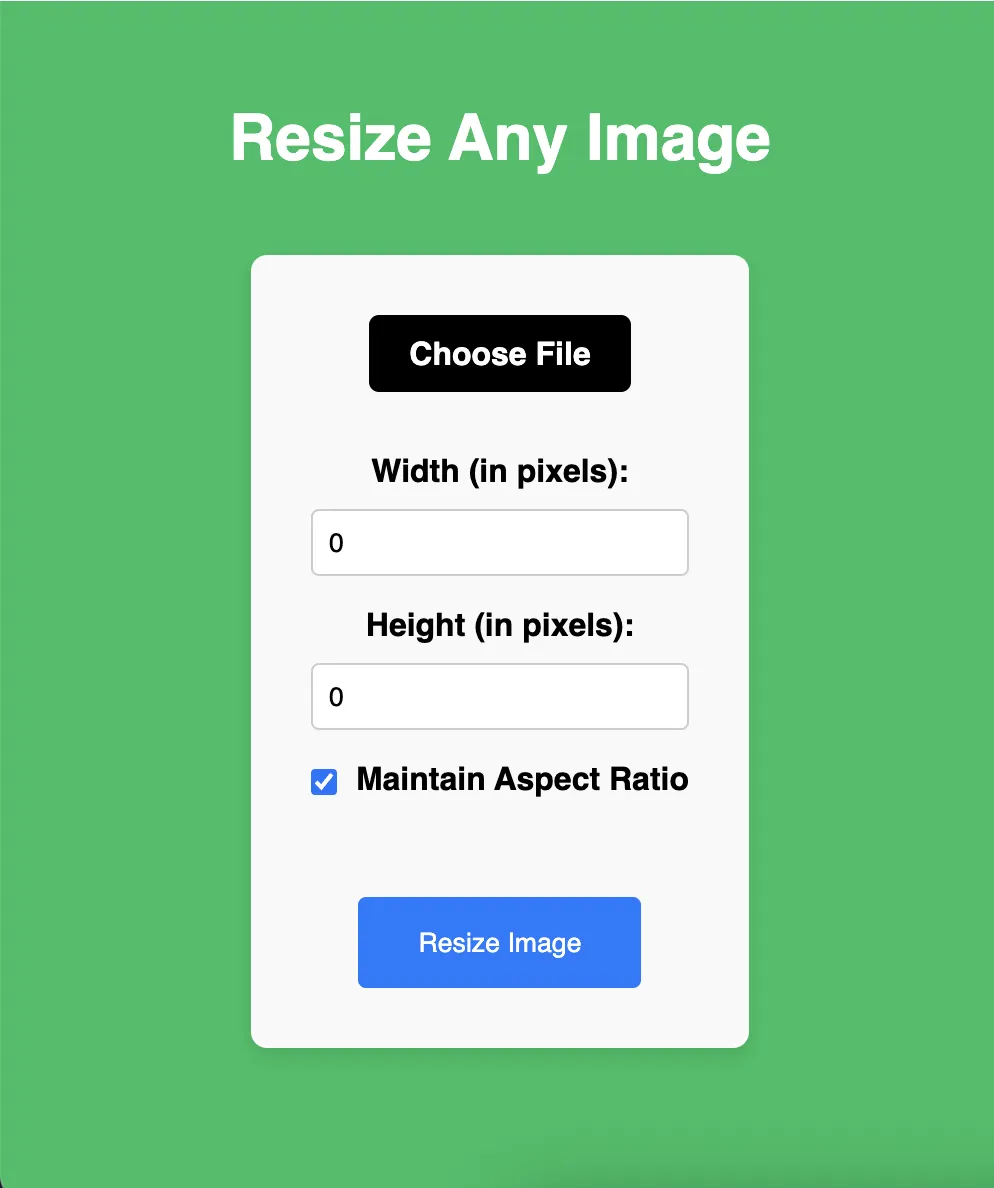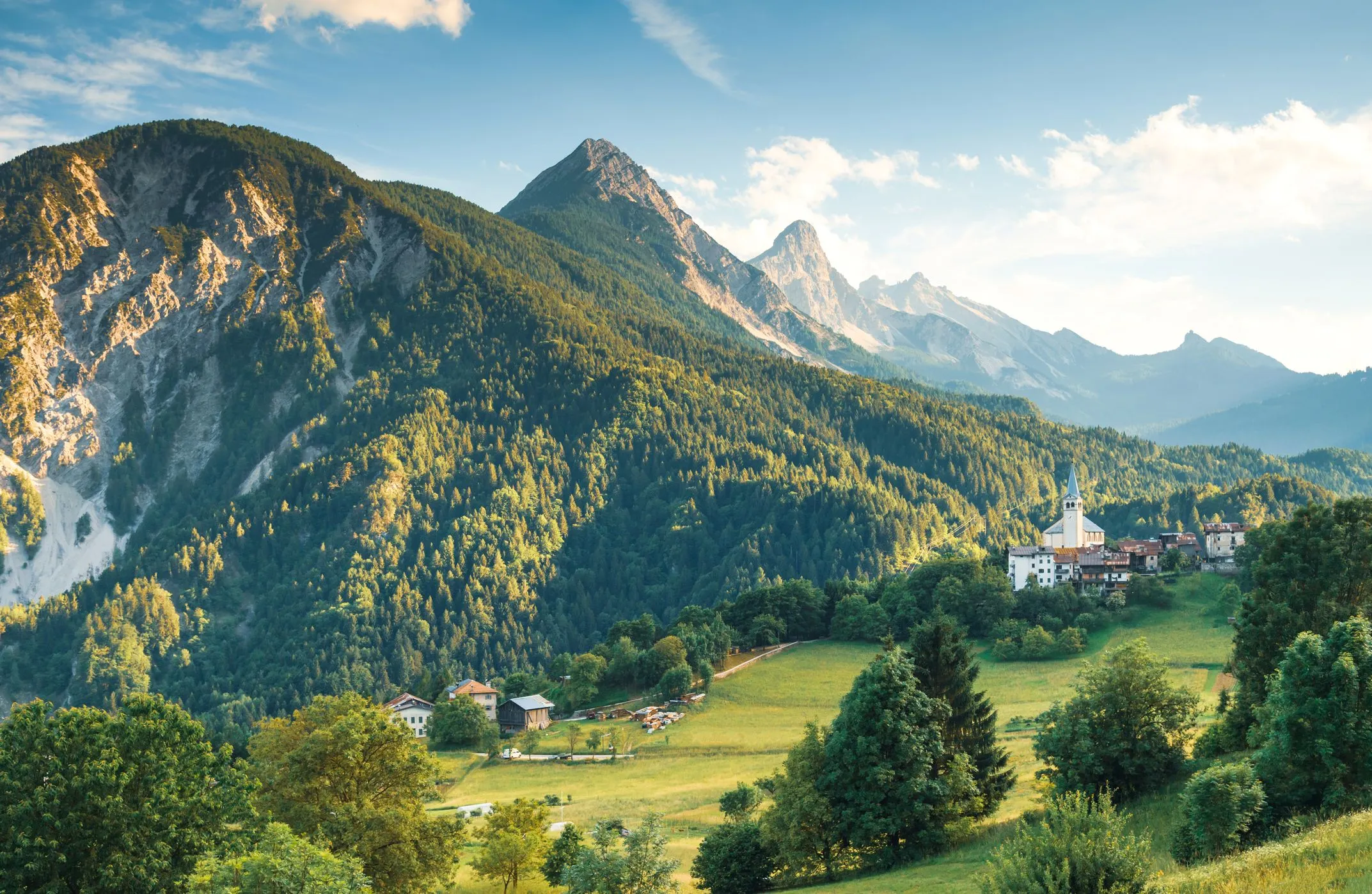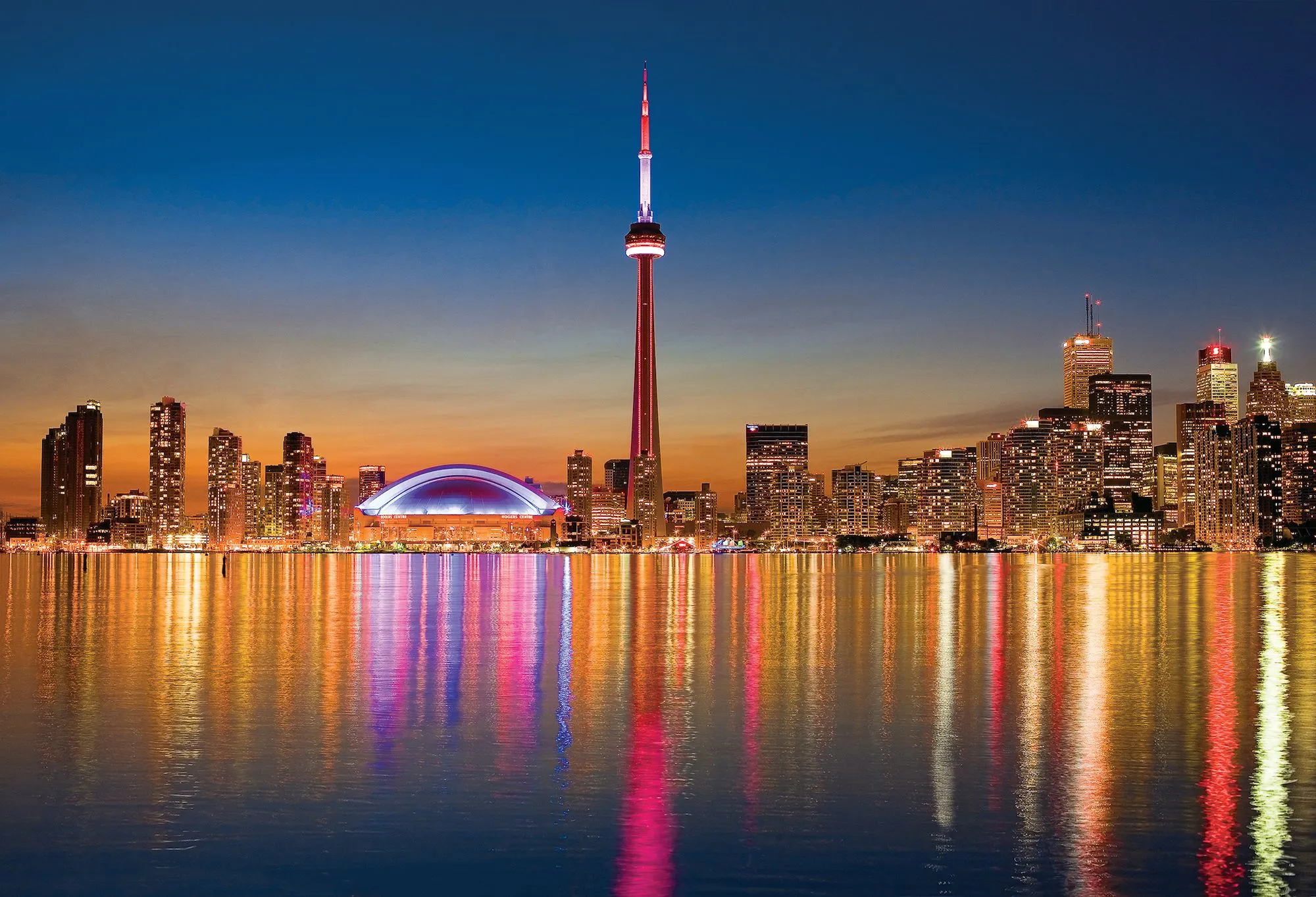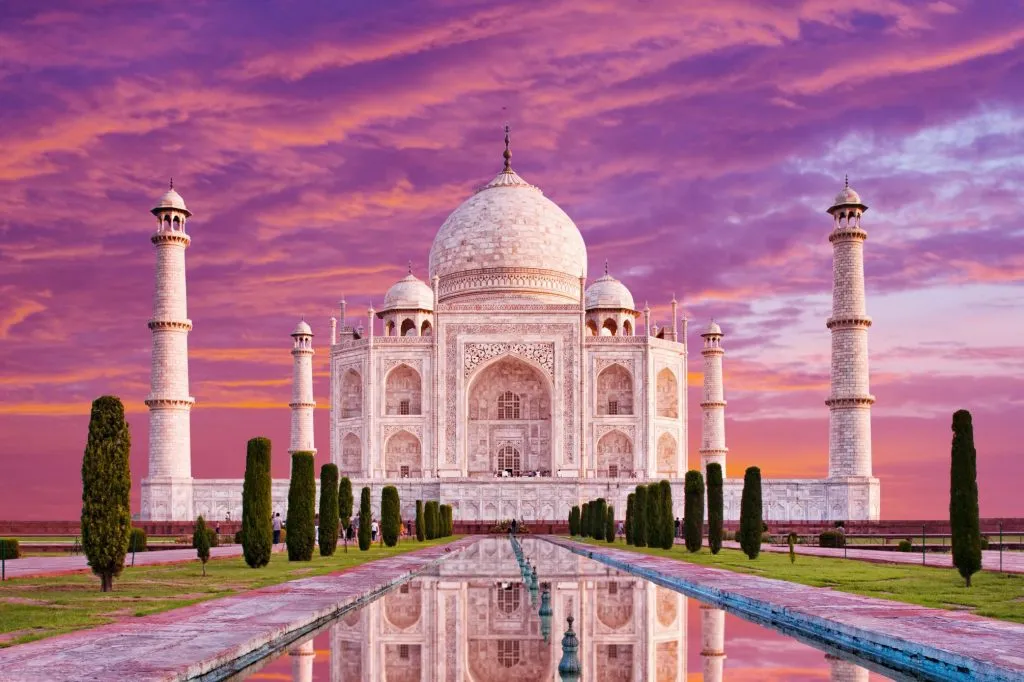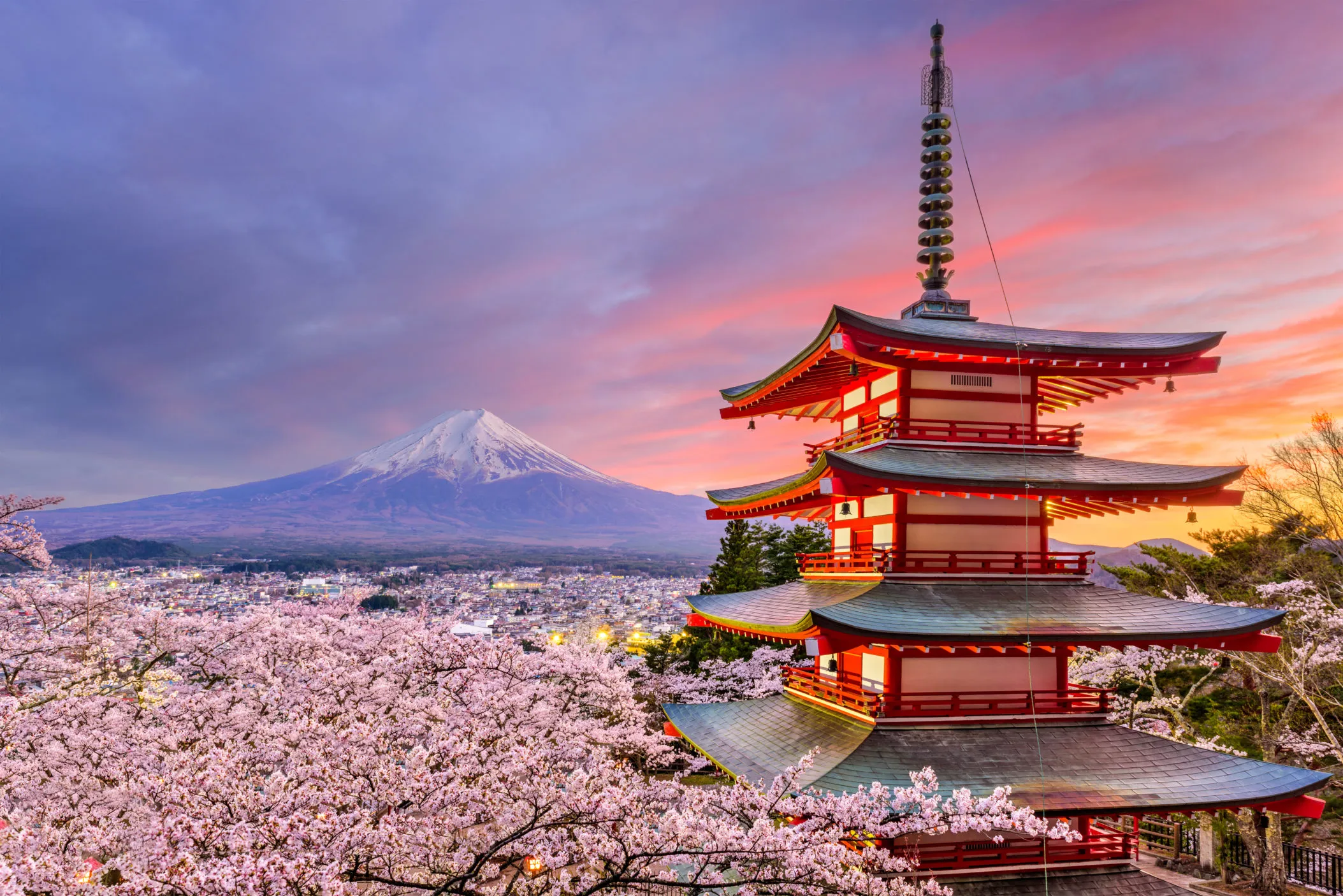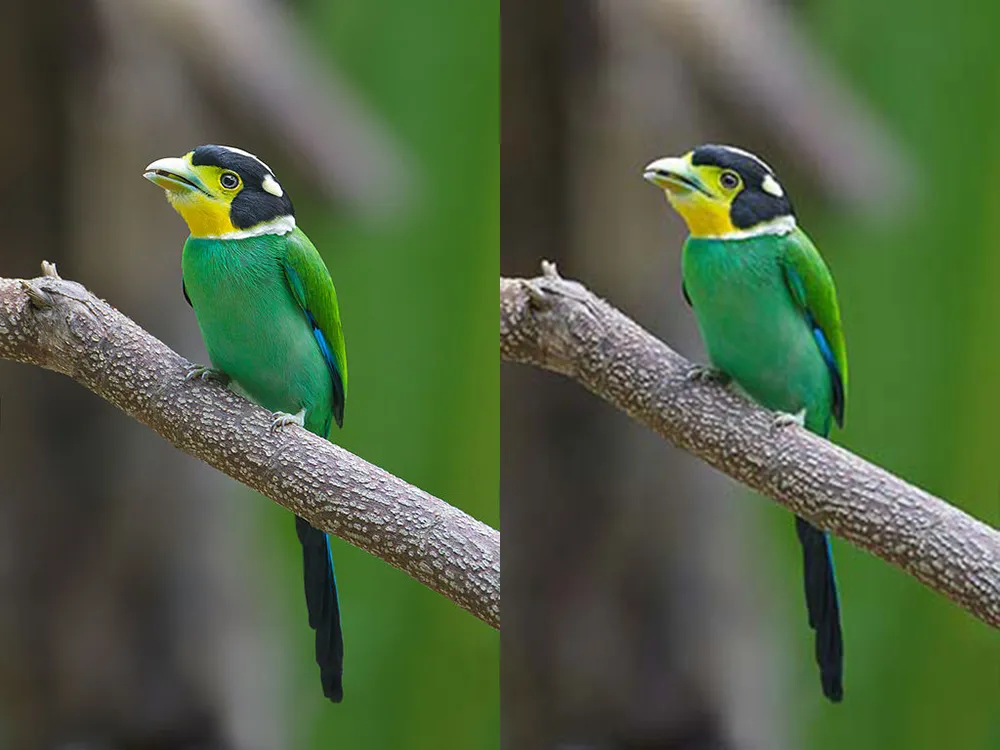
JPG vs JPEG: Decoding the Image Format Dilemma
In the world of digital imagery, the terms "JPG" and "JPEG" are often used interchangeably, leading to confusion among users. Are they the same, or do they have subtle differences? In this blog, we'll unravel the mystery of JPG vs JPEG, exploring their similarities, distinctions, and the impact they have on your digital experience.
Understanding JPG and JPEG:
Before we dive into the comparison, let's clarify what JPG and JPEG actually are:
JPG (Joint Photographic Experts Group):
JPG, short for Joint Photographic Experts Group, is a popular image format known for its efficient compression algorithm. Developed by the Joint Photographic Experts Group, JPG uses lossy compression to reduce file size while maintaining acceptable image quality. It is widely used for storing and sharing digital photographs and graphics on the web.
JPEG (Joint Photographic Experts Group):
JPEG, also known as Joint Photographic Experts Group, is the same as JPG. The terms "JPG" and "JPEG" are used interchangeably to refer to the same image format. Both JPG and JPEG use the .jpg file extension and are based on the same compression algorithm developed by the Joint Photographic Experts Group.
Decoding the Confusion:
Now that we've clarified that JPG and JPEG are essentially the same, let's explore why there are two different terms for the same image format:
Historical Context:
The confusion between JPG and JPEG stems from the historical development of the image format. When the format was first introduced, it was referred to as JPEG, an acronym derived from the Joint Photographic Experts Group. However, over time, the file extension .jpg became more commonly used to denote files in this format. As a result, both terms, JPG and JPEG, are now used interchangeably to refer to the same image format.
Practical Usage:
In practical terms, there is no difference between JPG and JPEG. Both terms refer to the same image format and can be used interchangeably when saving or sharing digital images. Whether you choose to use JPG or JPEG as the file extension, the resulting image will be encoded using the same compression algorithm and will exhibit similar characteristics in terms of file size and image quality.
Conclusion:
In the JPG vs JPEG debate, there is no winner or loser. Both terms refer to the same image format developed by the Joint Photographic Experts Group, and they can be used interchangeably without any significant difference in functionality or performance. Whether you opt for JPG or JPEG as the file extension, you can rest assured that your digital images will be encoded using the same compression algorithm, delivering optimal file size and image quality for your needs.
So, the next time you're saving or sharing digital images, feel free to use either JPG or JPEG as the file extension. Regardless of the term you choose, you'll be working with the same tried-and-tested image format that has become a staple in the digital world.

